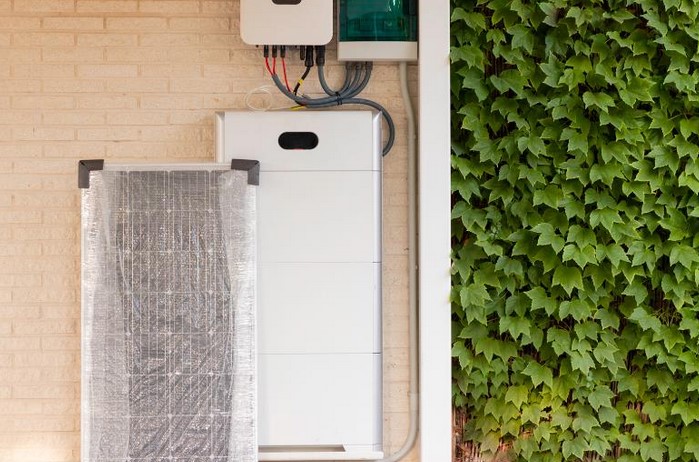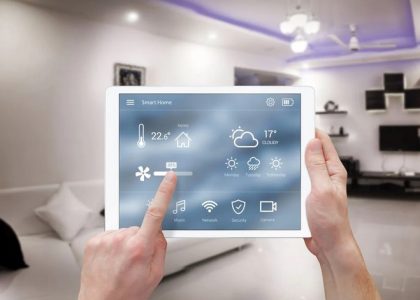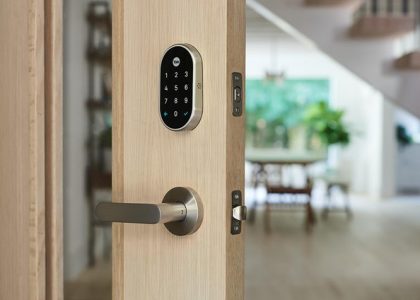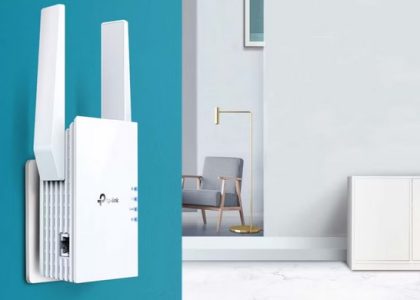
Power outages can occur at the most inconvenient times, often leaving you without electricity for hours, or even days. From sudden storms to issues with local power grids, the unpredictability of when the next outage will strike makes it essential to have a reliable way to ensure your home stays functional and comfortable during these disruptions. Home power backup systems provide a solution by keeping your home’s electrical system running when the grid goes down. These systems offer peace of mind, especially for households that rely on electricity for essential services such as heating, cooling, medical devices, and refrigeration. In this article, we’ll explore the different types of home power backup systems, how they work, and the benefits they offer for homeowners looking to stay prepared for unexpected power outages.
Types of Home Power Backup Systems
There are various home power backup systems available, each with its own features and suitability depending on your needs. Understanding the different options will help you make an informed decision when selecting the right system for your home.
1. Standby Generators
Standby generators are permanent, hardwired units designed to automatically power your home during an outage. These systems are typically installed outside the home, often near the electrical meter or utility panel. When a power outage is detected, the standby generator kicks in within seconds, providing uninterrupted power to your home. This makes them a reliable option for homeowners who require continuous power, especially for essential appliances such as refrigerators, medical devices, and heating or cooling systems.
Standby generators are usually fueled by natural gas, propane, or diesel, with natural gas being the most common fuel type due to its availability and ease of use. They can be sized to meet the power needs of your entire home or just critical circuits, depending on your budget and preferences.
The primary benefit of standby generators is their seamless operation. You don’t need to do anything during an outage—power is restored automatically. However, these systems are typically more expensive to install than other backup options, and ongoing maintenance is required to ensure the system works properly when needed.
2. Portable Generators
Portable generators are more affordable and flexible options that can be used to power specific appliances during an outage. Unlike standby generators, portable generators are not permanently installed and require manual setup. Typically powered by gasoline, these units can run various household appliances such as lights, refrigerators, and small air conditioning units, depending on their wattage capacity.
One advantage of portable generators is their mobility. You can move them around to power different parts of your home, or even take them with you on trips or use them for outdoor activities. However, they are generally less powerful than standby generators, and you may need to rotate which appliances are powered depending on the generator’s capacity.
Portable generators also require refueling during extended outages, and they can be noisy. Despite these drawbacks, portable generators are an excellent solution for homeowners who want a cost-effective backup system and are willing to handle the setup and maintenance themselves.
3. Solar-Powered Backup Systems
Solar-powered backup systems combine solar panels with energy storage batteries to provide an eco-friendly solution for power outages. These systems capture and store solar energy during the day, allowing you to use that stored energy to power your home when the grid is down.
Solar backup systems can either work in conjunction with the grid or be entirely independent, depending on the setup. In areas with frequent power outages and abundant sunlight, solar backup systems are an excellent choice because they reduce your reliance on fossil fuels and lower your electricity bills. Additionally, if the solar system is grid-tied, any excess energy you generate can be sent back to the grid, earning you credits or payments through net metering.
One of the main challenges with solar backup systems is the initial investment, as the combination of solar panels and batteries can be expensive. However, they can be more affordable in the long run due to lower operating costs and potential government incentives for renewable energy systems.
4. Uninterruptible Power Supplies (UPS)
While UPS systems are typically used for smaller devices such as computers or home offices, they can also provide temporary power for certain household devices during an outage. These systems work by storing energy in a battery, which is then used to provide power during a blackout. UPS units are generally designed for short-term outages, lasting anywhere from a few minutes to a few hours, and are often used in conjunction with other backup systems for more comprehensive coverage.
UPS systems are best suited for sensitive electronic equipment like computers, televisions, and networking devices, as they help prevent damage caused by power surges or sudden outages. While they’re not ideal for powering an entire home, they can provide crucial backup for specific appliances or devices until another backup power source takes over.
Key Benefits of Home Power Backup Systems
1. Continuous Power Supply
The most obvious benefit of home power backup systems is the ability to maintain power during an outage. Whether you choose a portable generator or a standby unit, a backup power system ensures that your essential devices and appliances keep running when you need them the most. This is especially critical during extreme weather events, when power outages may last for several days.
Having a reliable backup system can keep your lights on, prevent food spoilage, ensure communication through electronic devices, and even allow you to maintain heating or air conditioning to stay comfortable in any weather.
2. Peace of Mind
Having a backup power system installed gives homeowners peace of mind, knowing they won’t be left in the dark during an unexpected power outage. This is especially important for families with young children, elderly individuals, or those who rely on medical devices. A home power backup system offers security, knowing that the systems that provide heating, cooling, or medical support will keep functioning without disruption.
3. Protection for Sensitive Equipment
Modern homes are filled with sensitive electronic devices like computers, televisions, and home entertainment systems. A sudden power loss or surge can cause damage to these appliances. Backup power systems, especially UPS units, can protect sensitive equipment from electrical surges, giving you the opportunity to properly shut down your devices and avoid costly repairs.
4. Increased Property Value
Homes with pre-installed home power backup systems are often more attractive to potential buyers. This is especially true in regions where power outages are frequent or prolonged. A home with a backup power system can be seen as more reliable, providing long-term value and reducing the likelihood of future disruptions. If you plan to sell your home in the future, an established backup power system could be a selling point.
Choosing the Right Home Power Backup System
When selecting a home power backup system, it’s important to consider factors such as the size of your home, the average length of power outages in your area, and your specific power needs. Standby generators provide the most comprehensive coverage but come with higher upfront costs, while portable generators offer more flexibility at a lower price point. Solar-powered backup systems are ideal for homeowners looking for a sustainable and long-term solution, while UPS units are excellent for protecting specific devices from power disruptions.
Before making your decision, it’s wise to consult with a professional to assess your energy needs, evaluate the cost of installation, and determine which system best fits your lifestyle and budget.
Investing in home power backup systems is a smart way to ensure your home remains functional, comfortable, and safe during power outages. Whether you opt for a standby generator, portable generator, solar-powered system, or UPS, a backup power solution provides security and peace of mind. Not only can these systems keep essential appliances running, but they also protect sensitive devices from power surges, improve your home’s value, and contribute to a more sustainable living environment. With the right backup system, you can rest easy knowing that you’ll always be prepared for the next power outage.




